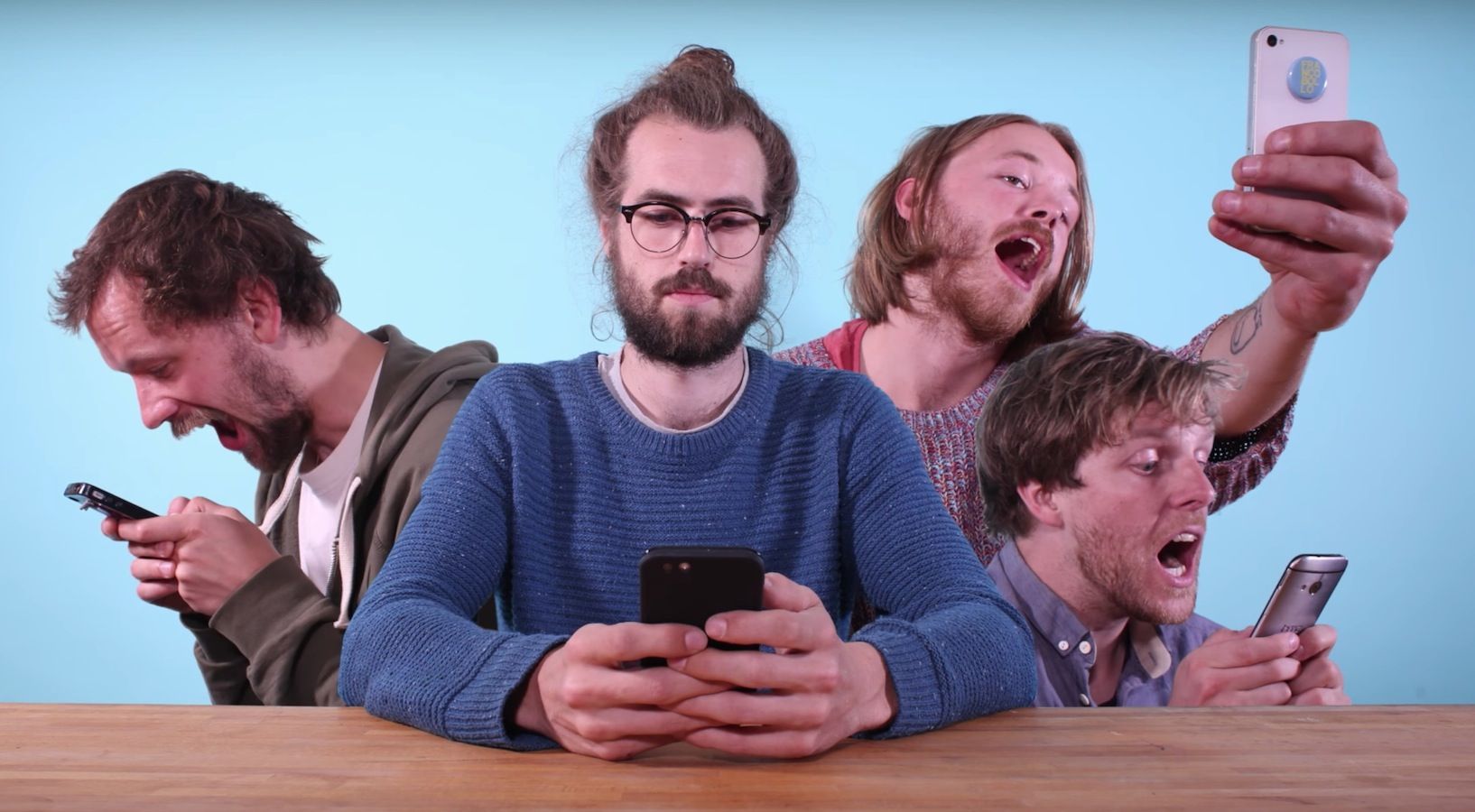What’s the deal with the Plastic Soup again?
March 15 2024 That’s what readers of news site nu.nl on their comment platform Nujij were wondering. In a recent […]
Having had some space to reflect on our month of plastic free living, it’s time to assess how we, the common every-person, can adapt to lessen our everyday plastic use.
The first observation is that, in spite of there still being a long way to go, there are lots of companies beginning to make a change in their policies. Not just that, but reflecting it in their PR and advertising. My local chain supermarket is soon to be adopting paper based shopping bags. A bar near me is going to sell ring-pull cans of water, rather than bottles, that can be recycled after use. Both these places have big colourful adverts hanging up in their stores boasting about this positive change.
If you think about it – they are still companies who are in need of profit and revenue. They still have to cowtow to their superiors. Us the consumer. They wouldn’t dare alienate their customers by pushing an unwanted agenda. They know that this will get them noticed, get them press, get more people in the door, and land them more money. Cynical thought, I know. But the big positive here is that they are reacting to us the consumer. We are beginning to demand more ethical and sustainable practices in our everyday lives. It’s not that they have just started listening, it is that we have started shouting louder. And that’s great!
 Living a plastic free life is challenging to say the least. Our lifestyles have become accelerated, but delicate like a tea trolley with a ferarri engine. We can move fast, but it won’t take much for everything to crash. So we feed this lifestyle with quick things. Quick food. Quick entertainment. Quick conversations. Plastic is perfect for this existence. So we need to address societal pressures and expectations as much as we do the products we use.
Living a plastic free life is challenging to say the least. Our lifestyles have become accelerated, but delicate like a tea trolley with a ferarri engine. We can move fast, but it won’t take much for everything to crash. So we feed this lifestyle with quick things. Quick food. Quick entertainment. Quick conversations. Plastic is perfect for this existence. So we need to address societal pressures and expectations as much as we do the products we use.
We also need to get our facts straight and pay more attention to news that isn’t sexy, and fashionable. Unsexy news is more likely to keep us alive longer. A recent article from Bloomberg stated that the big move to reduce plastic straws in clubs is an ineffective method of reducing ocean pollution, albeit a very easy and virtuous thing for us to get behind. Plastic straws make up 0.03 % of the 8 million metric tons. The biggest plastic pollutant in the water? Discarded fishing nets. So although we can make a small personal difference by changing our habits. The biggest change will come from us as consumers.
If we can change our demand for things, we will change the supply. It’ll take a while. But it’s worth doing. Let the companies boast about how good they are! And let us show them what we want by buying those things!
Thanks for reading our rants. See you out there in the green! xx
Check out Francobloggo’s I to IV here.
March 15 2024 That’s what readers of news site nu.nl on their comment platform Nujij were wondering. In a recent […]
The first Impact Fair is Europe’s largest Impact Experience. An interactive ‘immersive’ experience of impactful examples.
The waste-export to countries outside of the EU has been restricted The Netherlands is against a carpet ban on shipping of plastic waste.
The waste-export to countries outside of the EU has been restricted The Netherlands is against a carpet ban on shipping of plastic waste.

 Trophic transfer of microplastics in seals confirmed
Trophic transfer of microplastics in seals confirmed